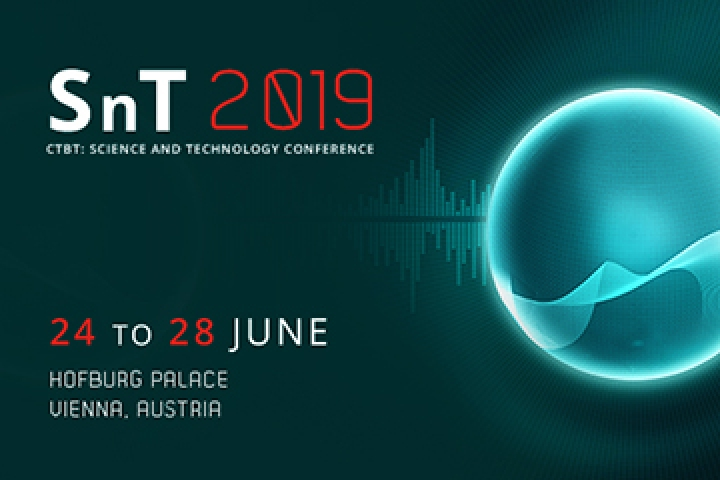Speaker
Description
Natural disasters are increasing in frequency and intensity, becoming extreme and complex and have been affecting many countries over recent years. The need for a modern, multi-hazard, disaster response system to strengthen the national and collective ability to prevent and prepare for emergencies is evident. Early warning is a major component of disaster risk reduction with the potential to prevent loss of life and reduce the economic and material impacts of disasters. The Sendai Framework for Disaster Risk Reduction 2015-2030 recognizes the benefits of multi-hazard early warnings systems and places them in one of its seven global targets. The EU Civil Protection Mechanism plays a key role in coordinating the response to disasters in Europe and beyond through its Emergency Response Coordination Centre. ARISTOTLE-European Natural Hazard Scientific Partnership Project, funded by the European Commission’s Directorate-General for Humanitarian Aid and Civil Protection and relying on a solid partnership with expertise in volcanoes, earthquakes, tsunamis, severe weather, flooding and forest fires, has been launched to support the EUCPM and ERCC in their global natural disaster impact assessment. This presentation will focus on how the ARISTOTLE-ENHSP functions and how the CTBTO data can assist multi-hazard early warning systems, thus support the Sendai Framework.

